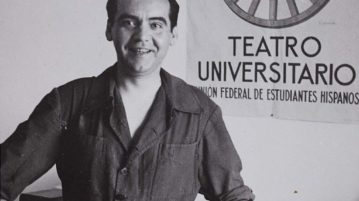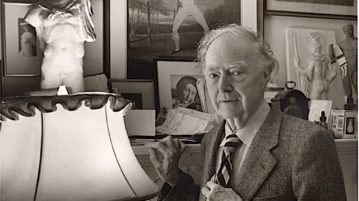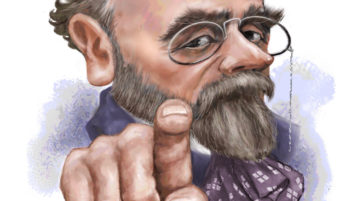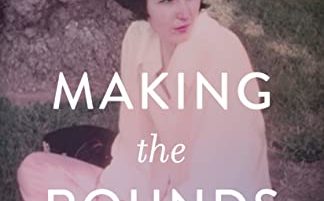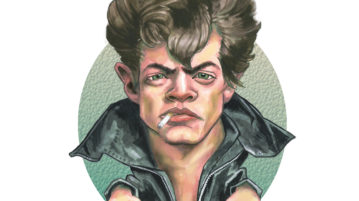
Nodes in the Leather Network
I have devoured Jack Fritscher’s writing in all its forms since the 1970s, so I am well acquainted with his vast knowledge not only of the leather community but of pop culture in general, his muscular prose style, his engaging wit and humor, his fervid dedication to Leathermen and Leatherwomen around the world, and his commitment to preserving gay history. Even so, Profiles in Gay Courage astonished me with its depth of feeling and its perfect reconstruction of that glorious, heartbreaking time before …
More

